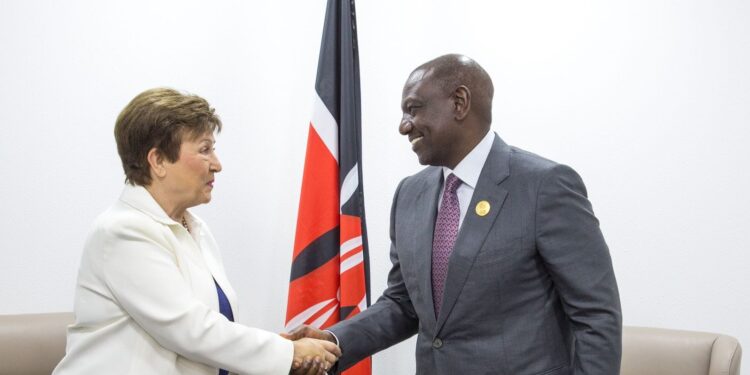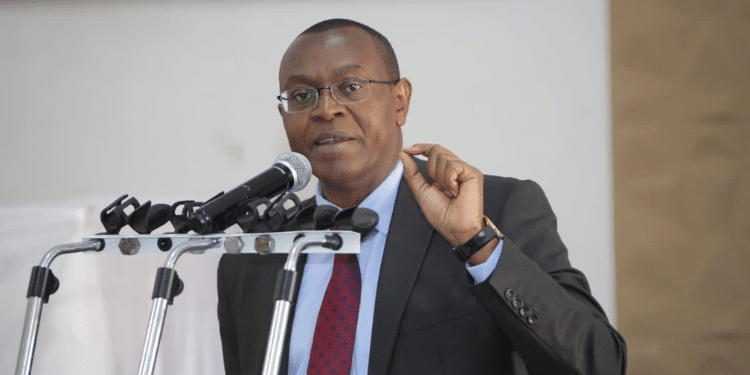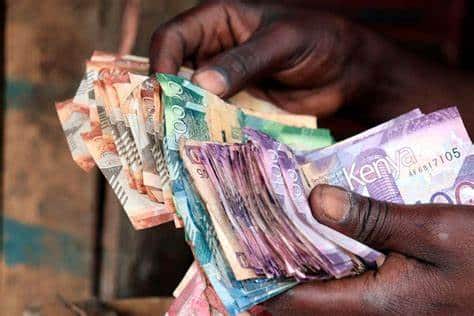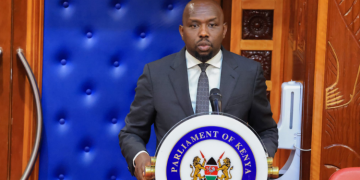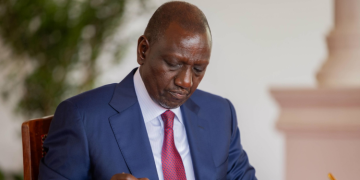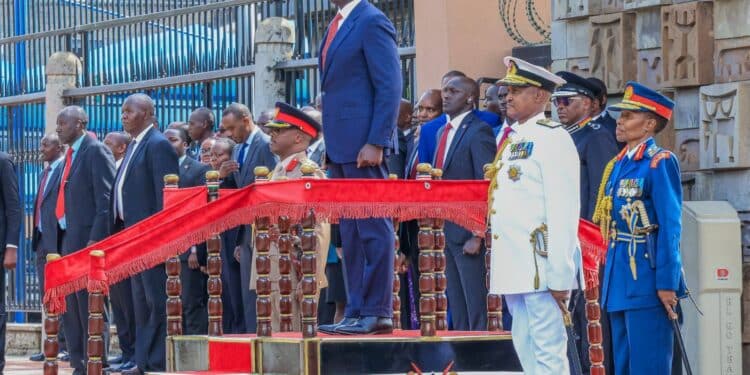In a landmark move, Kenya has officially recognized intersex as a third gender in its birth notification certificates. The recently gazetted sample, detailed in Legal Notice 153 of 2025, now includes ‘intersex’ alongside the traditional ‘male’ and ‘female’ options. This development marks a significant victory for advocates who have long championed the rights and recognition of intersex individuals in the country.
The journey toward this recognition began in 2009 with the case of Baby A, where the hospital had ambiguously marked the child’s gender as ‘?’. This lack of clear gender designation highlighted the systemic challenges intersex individuals face, including difficulties in obtaining essential documents like birth certificates, national identity cards, and passports. Such obstacles often lead to further complications in accessing education, employment, and healthcare services.
In response to these challenges, the court mandated a national census to determine the population of intersex persons and ensure their rights are upheld. The 2019 Census recorded 1,524 intersex individuals, accounting for approximately 0.003% of the population.
However, the Kenya National Commission on Human Rights (KNCHR) estimates that the actual number could be closer to 1.4 million, attributing the discrepancy to societal stigma that discourages families from acknowledging intersex members.

Intersex integration
The recognition in birth certificates is part of broader efforts to integrate intersex individuals into Kenya’s legal and social frameworks. The Children Act 2022 acknowledges intersex children as a distinct category, ensuring their rights are protected from birth.
Additionally, the Registration of Persons Act has been amended to include intersex in the definition of sex, facilitating the issuance of identification documents that accurately reflect their identity.
Also Read: Are You Male, Female or Intersex?
KNCHR Commissioner Dr. Dennis Wamalwa has been at the forefront of these advocacy efforts. Appointed in March 2022, Dr. Wamalwa’s leadership has been instrumental in pushing for policy reforms and raising awareness about the challenges faced by the intersex community. He emphasizes the importance of delinking intersex identity from the LGBTQ+ umbrella to ensure that intersex individuals receive the specific recognition and support they need.
Ruto on two Gender rule
Despite these progressive strides, recent statements from President William Ruto have sparked debate. In January 2025, President Ruto expressed support for former U.S. President Donald Trump’s executive order recognizing only two sexes, male and female. He stated, “Kenya recognizes only two sexes,” aligning with the binary perspective.
This position has raised concerns among human rights advocates. KNCHR Commissioner Dr. Wamalwa noted that such remarks could undermine the significant progress Kenya has made in promoting the rights and recognition of intersex persons. He urged informed leadership to ensure that the country does not regress on these gains, emphasizing the need for inclusivity and alignment with the evolving legal and policy framework.
Gender and LGBTQ Debate
The debate over gender identity in Kenya is closely linked to the broader struggle for LGBTQI+ rights. Same-sex relationships remain criminalized under Section 162 of the Penal Code, with individuals facing up to 14 years in prison if convicted.
While there have been some legal victories, such as a court ruling allowing LGBTQI+ groups to register as NGOs, discrimination and violence against LGBTQI+ individuals remain widespread.
Also Read: Moha Jicho Pevu Goes After NGOs Supporting LGBTQ in Kenya
Religious and political leaders, including President Ruto, have expressed strong opposition to LGBTQI+ rights, framing them as contrary to Kenyan cultural and religious values.
Despite this, LGBTQI+ activists continue to fight for equal rights, leveraging digital platforms to create safe spaces and advocating for policy changes.
Fighting discrimination
While the official recognition of intersex individuals in birth certificates is a monumental step, challenges remain. Societal stigma and discrimination continue to hinder intersex persons from fully participating in social, economic, and political spheres. Access to appropriate healthcare, education, and employment opportunities remains limited for many.
Advocates stress the importance of public education to dispel myths and misconceptions about intersex individuals. They call for comprehensive sensitization programs targeting healthcare providers, educators, law enforcement, and the general public to foster a more inclusive society. Kenya’s inclusion of intersex as a recognized gender in official documents sets a precedent in Africa and globally. It reflects a commitment to human rights and the dignity of all citizens, regardless of their sex characteristics.
As the nation moves forward, it is imperative to build on this momentum by implementing policies and programs that support intersex individuals. This includes ensuring access to healthcare tailored to their needs, protecting them from discrimination, and promoting public awareness about intersex issues.
The journey toward full recognition and inclusion of intersex persons in Kenya is ongoing. With continued advocacy, informed leadership, and societal acceptance, there is hope for a future where intersex individuals can live freely and authentically, enjoying the same rights and opportunities as all other citizens.
Follow our WhatsApp Channel and join our WhatsApp Group for real-time news updates.




